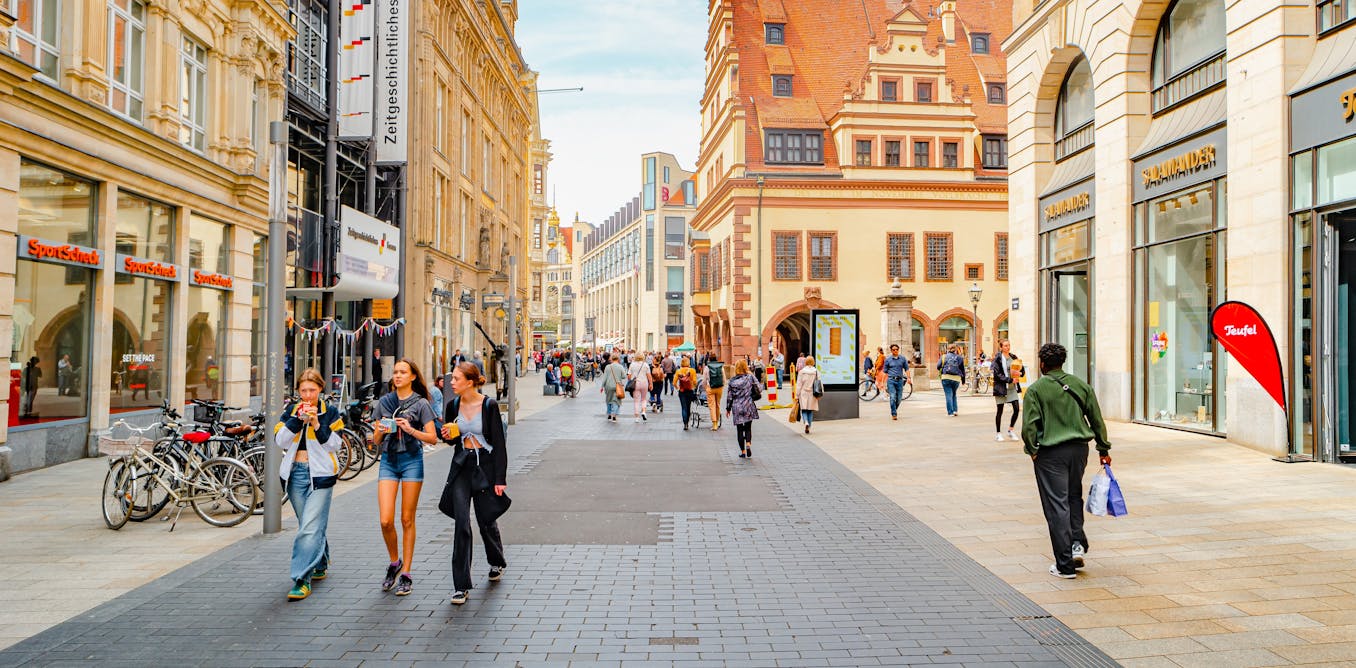As Germany approaches its election on February 23, voters are deeply worried about the economy, which has been in recession for two years and remains the same size as in 2019. Unlike other advanced economies, Germany’s growth has stagnated, affecting real incomes and public sentiment. Fiscal policy constraints, reliance on foreign demand, and supply-side challenges have contributed to this stagnation. Key issues include high energy costs due to the war in Ukraine and green transition policies, weak labor supply influenced by demographic changes, and low productivity growth attributed to aging infrastructure and limited private investment. Addressing these requires strategic reforms in energy regulation, labor market participation, and increased funding for education and technology. Deepening the EU’s single market could also enhance competition and productivity. Higher defense spending might further stimulate economic productivity. — news from The Conversation
